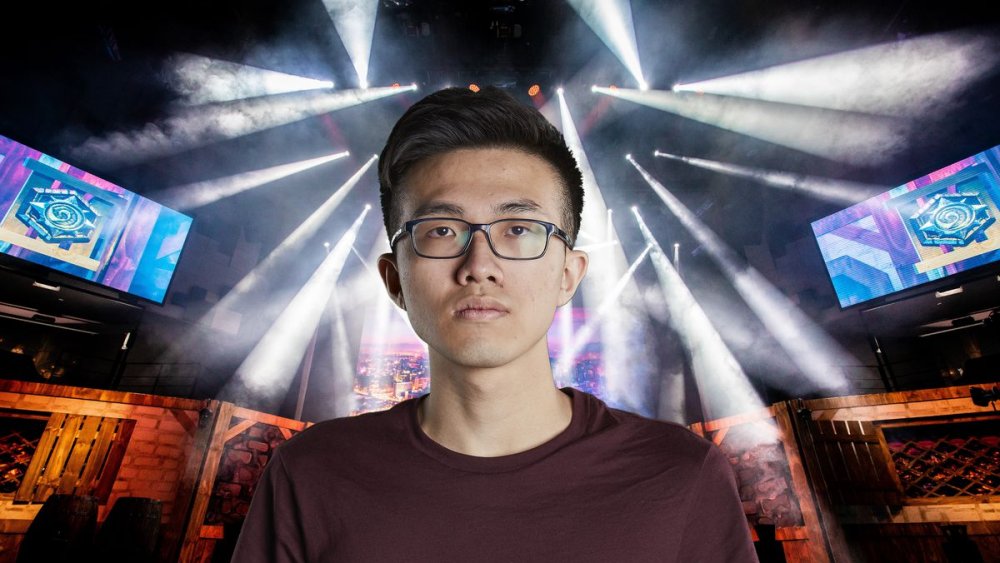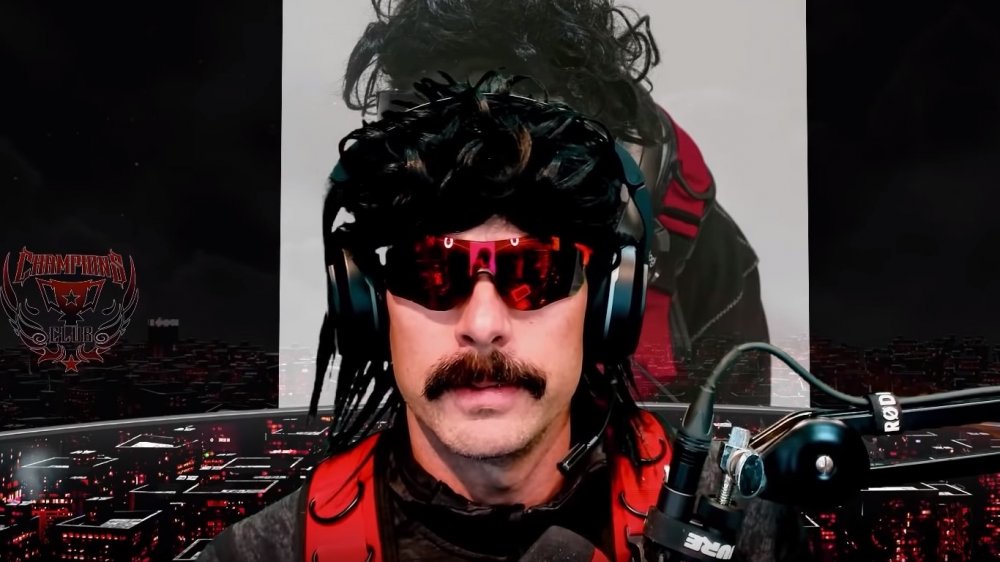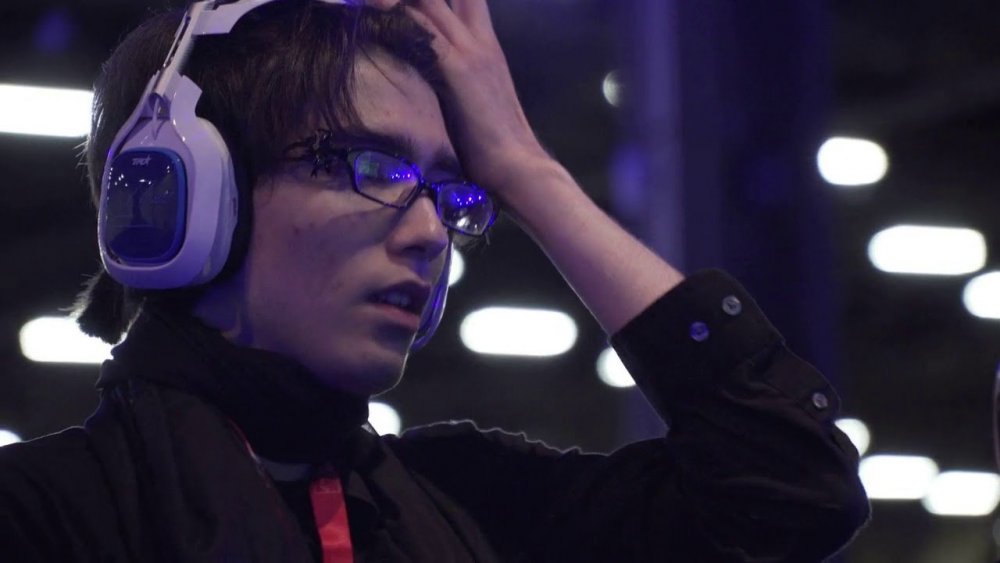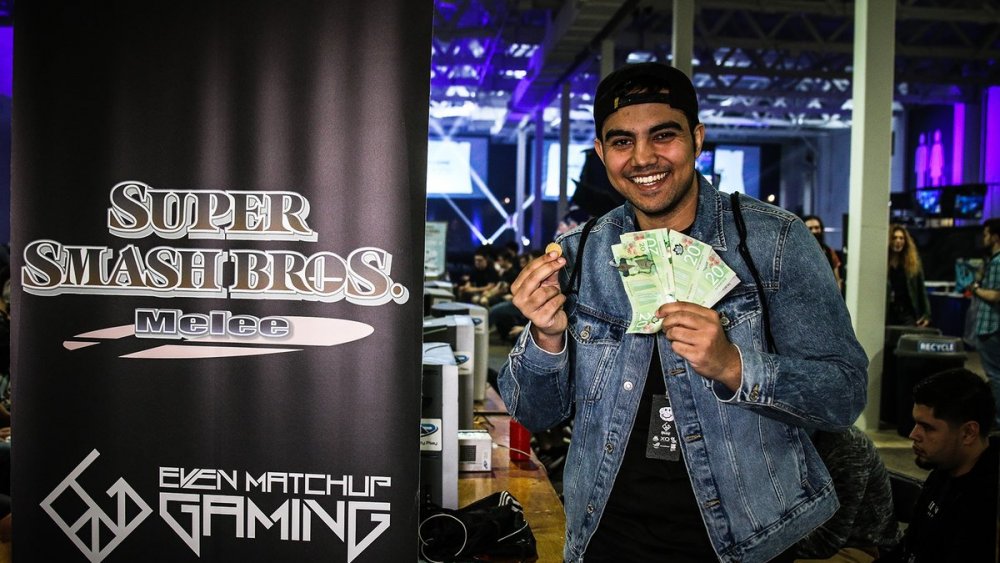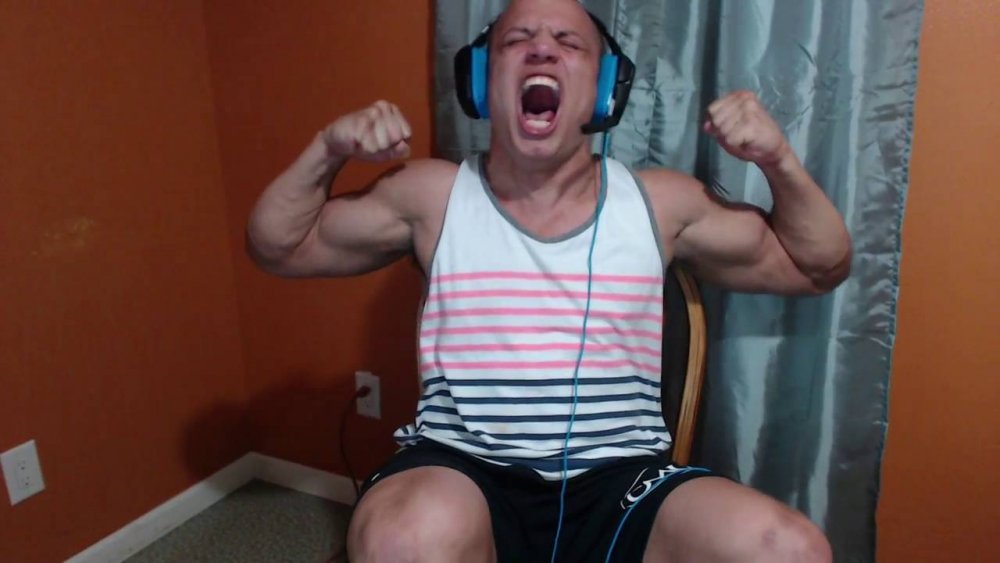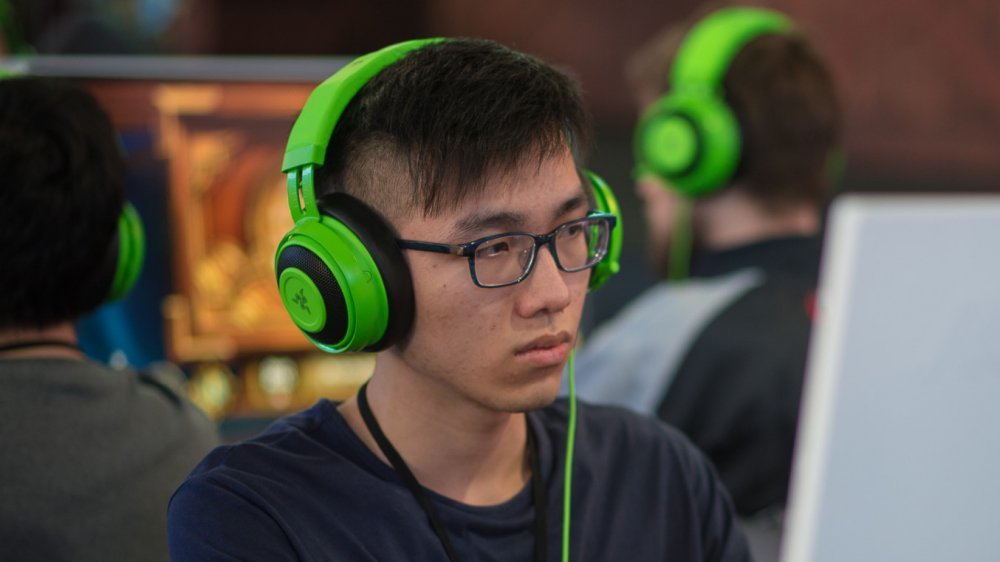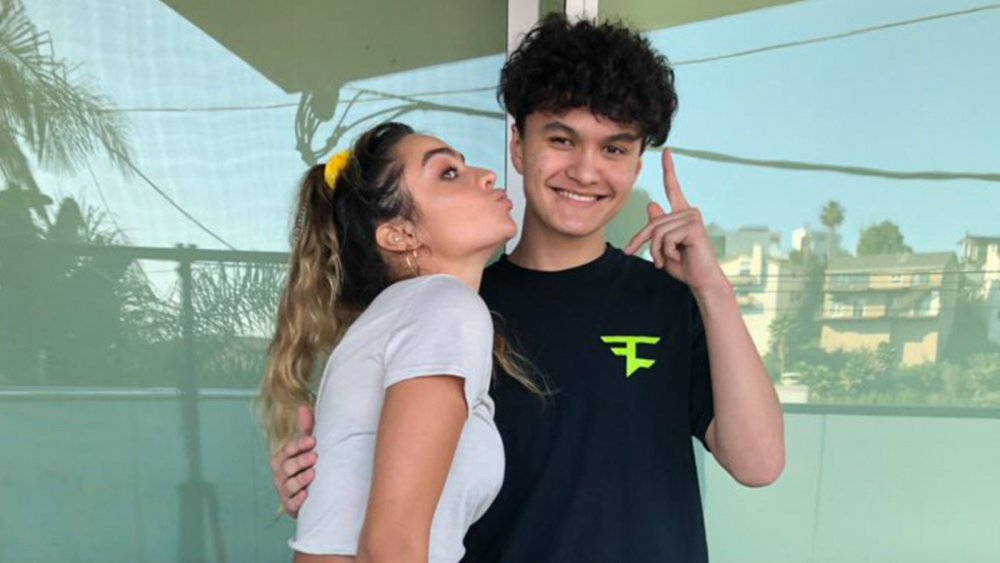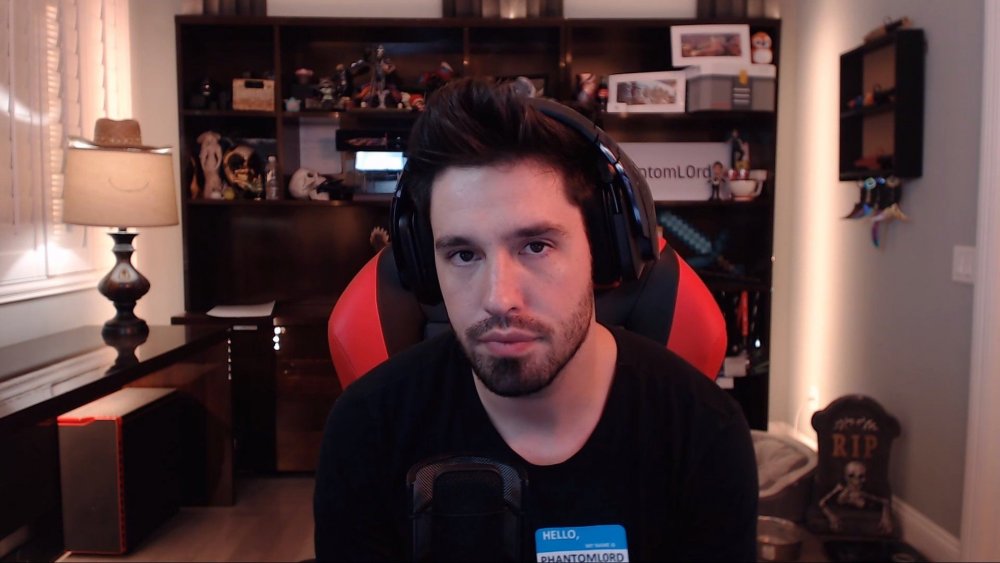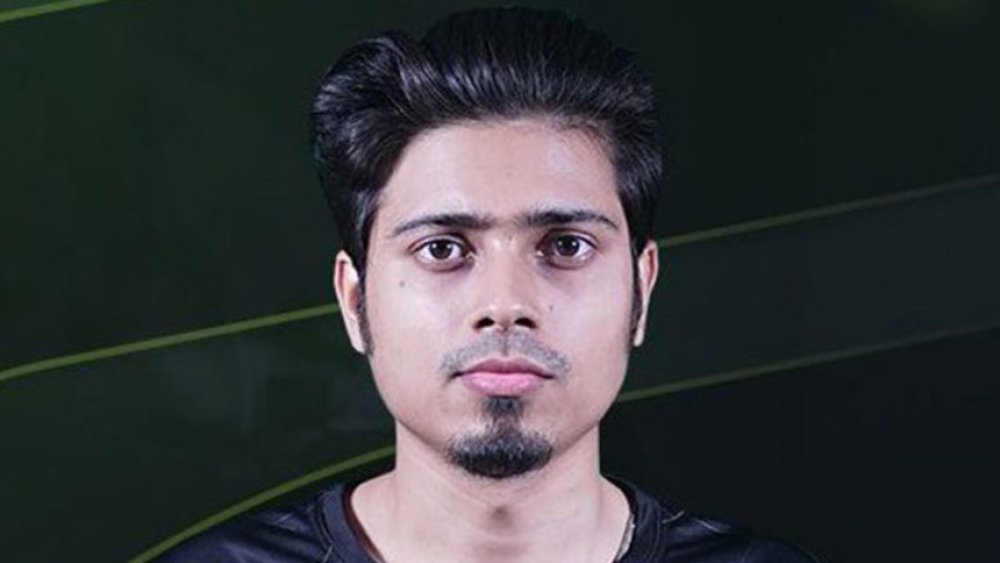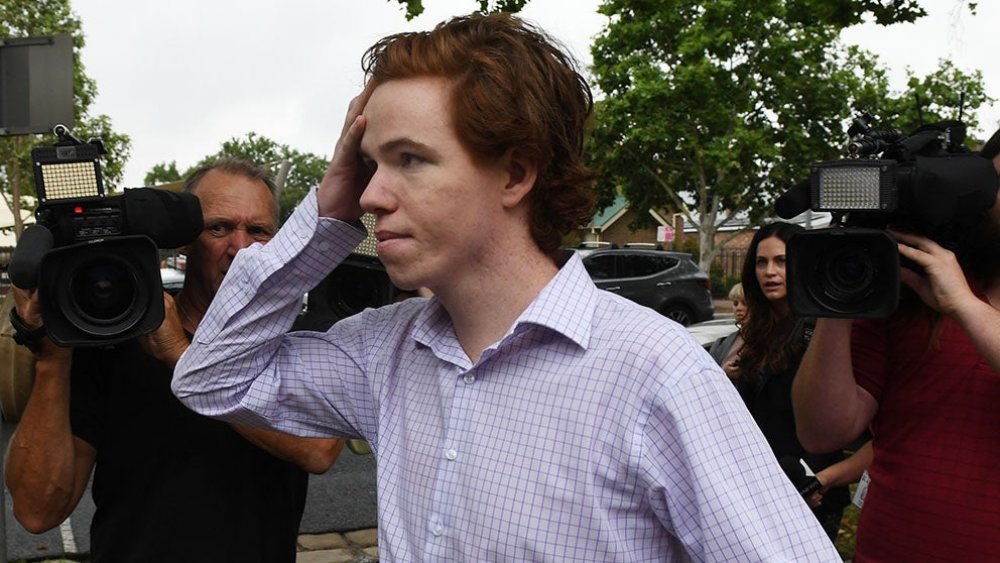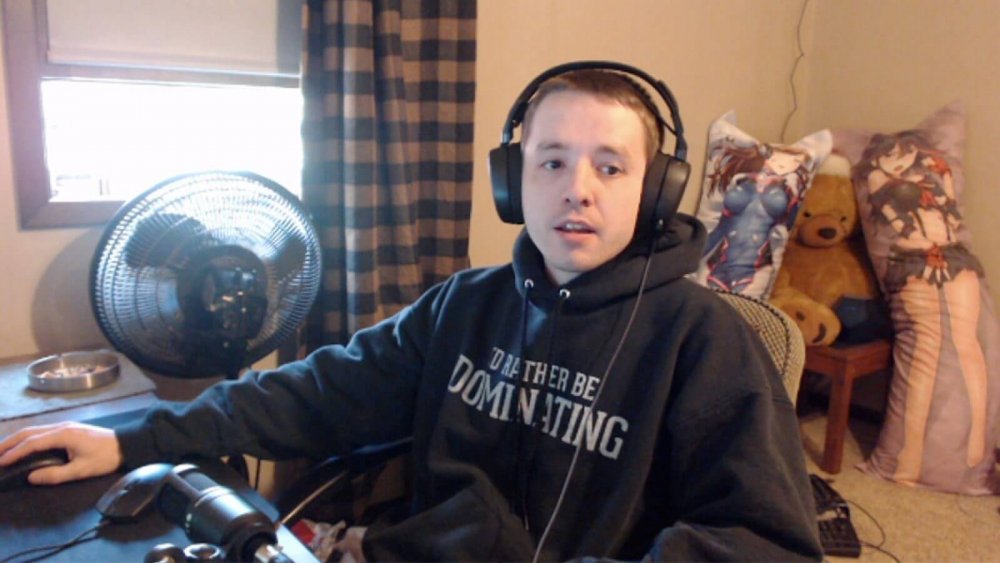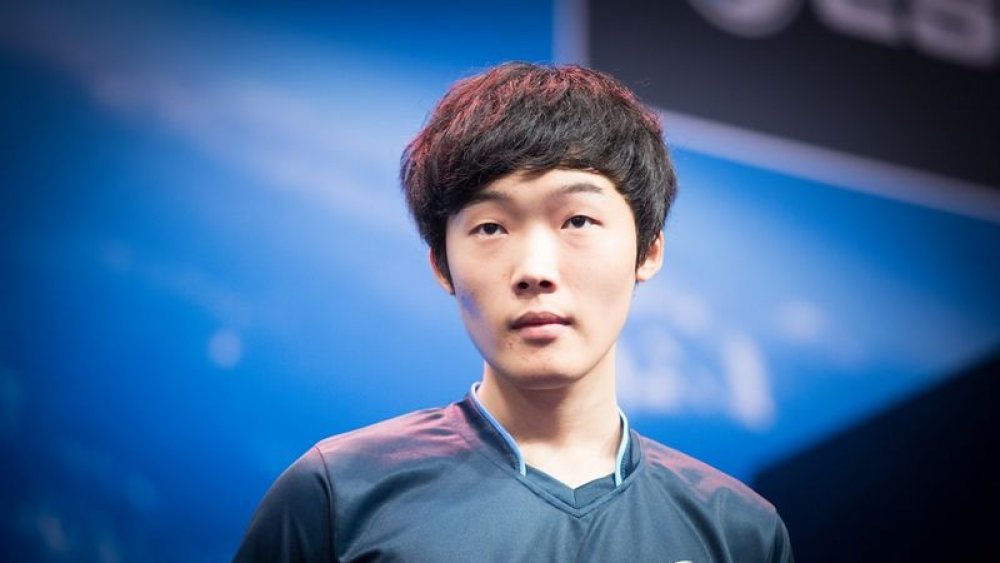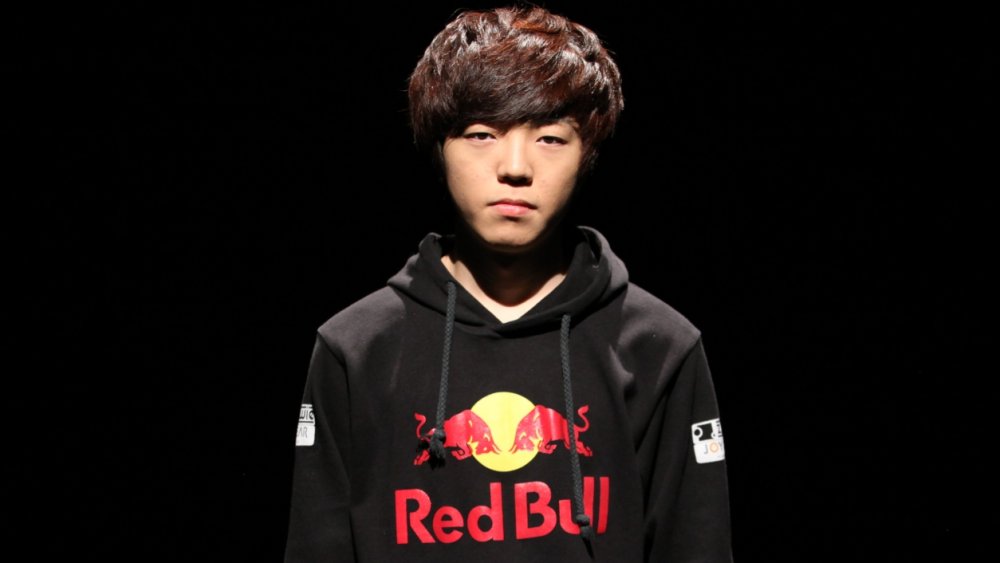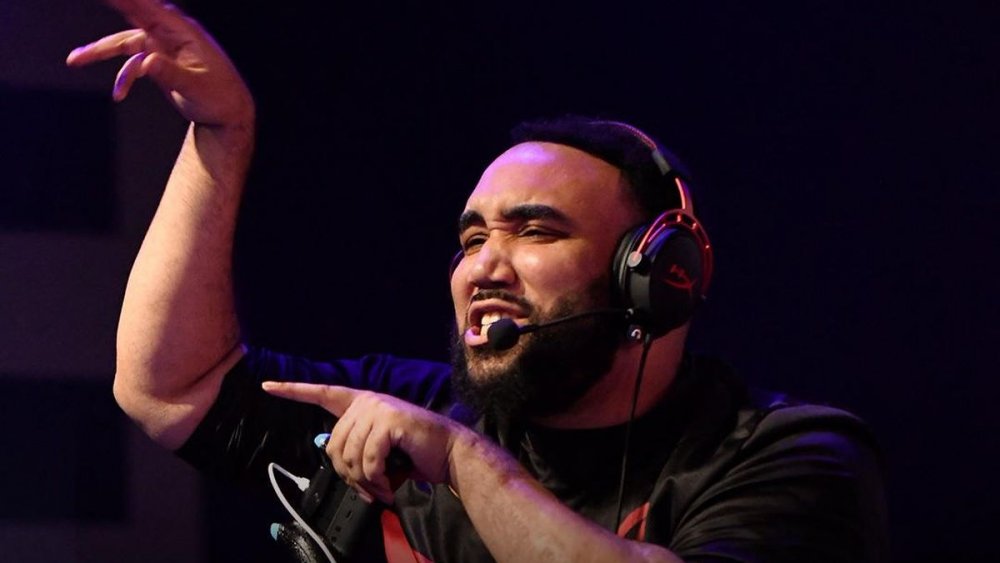The Decade's Biggest Bans That Tore Gamers Apart
Video games exploded in popularity during the 2010s due to an important revolution in entertainment: video game streaming. Platforms like Twitch, YouTube, and Mixer allow streamers to gather an audience of thousands, sometimes even millions. You don't have to be a pro anymore. All you need is a captivating personality and the will to play.
Streaming transformed from a niche genre into a global phenomenon over the last decade. We witnessed the birth of multi-million dollar careers, only to watch some of them crash and burn due to greed, bad judgment, or toxicity. As with everything else, the gaming world has rules, and those who fail to obey them risk heavy consequences. Here are the biggest bans from the past ten years. May they serve as a poignant lesson for anyone seeking to rise through the ranks of the gaming world.
Dr Disrespect believes the rules don't apply to his persona
Dr Disrespect has carved out a place for himself as one of the most successful and controversial streamers on Twitch. In 2017, PlayerUnkown's Battlegrounds temporarily banned Dr Disrespect for killing his teammate during a game. Brendan Greene, the game's creator, engaged in some playful banter about the decision with Disrespect on Twitter, a conversation that took a dark turn when the streamer threatened Greene with physical violence. Though Greene did not appreciate this, Disrespect shrugged it off, claiming it was all just a joke in line with the over the top character he's known for playing.
Greene rejected Disrespect's "apology" and used the opportunity to release a statement detailing why he has a zero-tolerance stance on threats regardless of their seriousness. Some fans rallied behind the "Doc", while other members of the gaming community grew wary of the danger hiding behind a famous persona to perform "edgy" deeds might pose. In 2019, Dr Disrespect illegally livestreamed inside a public bathroom at E3. Twitch banned him for it, but only for a short period, reigniting criticism about Twitch's inconsistent and seemingly biased disciplinary policies, a debate that continues to rage and has resulted in many users leaving the platform.
The controversial relationship that ended two careers
In August 2019, Smash Con banned professional player Zack "CaptainZack" Lauth from competing after he admitted to fixing matches. Usually, this would have been the end of the story, but there's an unsavory twist. Most players who partake in match fixing do so to gain money or prestige; however, Lauth had a different motivation. It turns out CaptainZack had dated an adult while still underage and pressured his now ex-boyfriend, Elliot "Ally" Carroza-Oyarce, into losing in effort to end the relationship for good.
After their relationship ended the first time, CaptainZack's career took a tumble. In contrast, Ally's career continued to prosper, a fact that upset Lauth. He felt Ally didn't deserve to compete anymore. After finding out about the occurrence, the Super Smash Bros. conduct panel confronted Ally, who confessed to dating Zack when he was still a minor. Ally decided to retire from the competitive scene, and CaptainZack was banned from competing in future 2GG events for match fixing.
Vikram Nightmare Singh's nightmare
In 2018, Vikram "Nightmare" Singh, a rising star in the Super Smash Bros. professional community, had his career cut short when rumors circulated about an alleged past sexual relationship with an underage girl and a resulting criminal charge. Singh denied the accusations, sharing a letter from his solicitor stating he had not received a conviction for "the grooming of a minor or sexual assault" and that he'd engaged in a "mutual" relationship with the subject. The letter concluded by threatening legal action in response to "any further false and defamatory postings."
William "Trulliam" Truong, a fellow competitor and supposed friend of Singh's, made several claims about the situation via Twitch and YouTube. According to Truong, Singh had consensual sex with a 15-year-old, and had been charged with sexual interference in 2015. The alleged victim later accused Singh of grooming and sexually assaulting her. Despite the letter from Singh's attorney, Even Matchup Gaming hit him with an indefinite ban from their events as part of their adoption of the new Harassment Task Force code of conduct. Singh has since disappeared from the professional gaming scene, leaving many wondering whether there was truth behind the career-ending accusations.
The return of League of Legends' most toxic player
Tyler1, once one of the top players in North American League of Legends ranked play, built a career off of toxicity. The self-branded "most toxic player in North America" developed a reputation for throwing games and flying into a rage on stream, a practice that earned him thousands of followers as the most hated person on Twitch. Tyler1's audience grew in part because of his skill with League champion Draven, however, many spectators tuned in to watch his epic temper tantrums.
In 2016, Riot resolved to ban Tyler1 from League Of Legends permanently. His level of toxicity was so exceptional that the developer issued an ID ban, meaning it would immediately shut down any account it discovered Tyler1 using. In 2018, when his League career seemed irreparable, a Redditor exposed highly offensive comments made about Tyler1 by a Riot employee. Faced with the resulting public outcry, Riot fired the person responsible and later reinstated Tyler1. His return stream is still one of the most viewed events in Twitch's history. Toxicity made, then unmade, and then remade Tyler1.
Blitzchung banned for supporting Hong Kong protesters
In October 2019, professional Hearthstone player NG "Blitzchung" Wai Chung donned a mask and goggles and said "Liberate Hong Kong" in a post-match interview to show support for Hong Kong pro-democracy protests. Activision Blizzard responded by removing Chung from the tournament, denying him his winnings and banning him from Hearthstone esports for a year. The company claimed they issued the ban because Blitzchung's display violated a tournament rule against acts that might offend a portion or group of the public or damage Blizzard's image.
Hearthstone fans and the gaming community met the ruling with outrage, accusing Blizzard of bowing to Chinese censorship. Not too unlikely a scenario considering Tencent, the Chinese tech giant that owns 5% of Blizzard, also temporarily suspended the NBA playoffs broadcasting in China in response to the general manager of the Houston Rockets voicing his support for the protests. Though Blizzard eventually lessened the severity of Blitzchung's punishment and restored his prize money, the event spawned multiple movements, including #BoycottBlizzard and the adoption of Overwatch's Mei as a symbol of the Hong Kong protests.
Fortnite makes an example of FaZe Jarvis
In early November 2019, Fortnite permanently banned popular streamer and pro gamer FaZe Jarvis for using aimbot software. Jarvis rose to fame not only for his Fortnite skills but the videos he makes for his YouTube channel, which has over two million subscribers. Unlike many high profile cheating scandals, Jarvis used cheats to make YouTube content, not to win a tournament.
Unfortunately for Jarvis, Epic Games has a zero-tolerance policy when it comes to the use of cheating software, regardless of how and where you use it. After the ban, Jarvis released a video for his followers, apologizing and admitting he should have had a better understanding of the terms of service. He was later forced to move out of FaZe Clan's $11 million Hollywood mansion. As Jarvis didn't use cheats to gain a competitive advantage, some expressed their sympathy for the streamer. Even Ninja weighed in, stating a lifetime ban was too harsh. Others applauded Epic Games for punishing Jarvis as they would any other player.
Phantoml0rd's gamble did not pay off
James "Phantoml0rd" Varga was one of the most successful streamers in the early days of Twitch. With over a million followers and an ever-growing audience, he enjoyed success as an entertaining and highly skilled League Of Legends and Counter-Strike: Global Offensive player. If not for his greed, Phantoml0rd could still be one of the biggest names on the platform right now.
Back in 2016, gambling for Counter-Strike: Global Offensive items had become a popular pastime for players and streamers, a trend Varga helped establish. Viewers watched him place increasingly large bets on CSGOShuffle, a website that let you gamble with Global Offensive's weapon skins. Varga attributed his big wins to luck, however, it later came out that he was a partial owner of CSGOShuffle and that his "luck" was nothing more than rigged victories designed to trick unsuspecting followers into placing bets. Twitch suspended Varga's channel for terms of service violations, a ban that has remained in place despite Varga's denial of wrongdoing and multiple threats of legal action.
forsaken's aimbot antics caused OpTic India to disband
In October 2018, OpTic India's Nikhil "forsaken" Kumawat was playing at a big Counter-Strike: Global Offensive tournament in Shanghai when the person next to him noticed he was using an aimbot to outperform his opponents. The tournament's admins grabbed Kumawat as he attempted to erase the evidence, all of which was caught on video and shared via Twitter.
As this was Kumawat's second cheating-related offense, he faced a lifetime ban from esports. After word of the Shanghai incident spread, the organizers of ESL India, a tournament OpTic India had won, examined Kumawat's performance from earlier in the year. The Esports Integrity Coalition discovered Kumawat had used the same cheating software during the tournament and issued the gamer a five-year suspension. Though ESIC did not find the same cheats on the other OpTic India players' SSDs, the team dissolved not long after to allow the other members to distance themselves from the resulting scandal.
Streaming exposes domestic violence
In 2017, Chinese League of Legends professional player Li "Vasilii" Wei Jun lashed out at his girlfriend during a livestream. Newbee, Vasilii's team, promptly cut ties with him. According to Li's girlfriend, he got very agitated and smashed everything around him after she pointed out that he was too serious when he plays. He continued to curse at her until the police arrived, however, she asserts that he did not beat her. She has since broken up with him. Riot Games banned Vasilii from competing for two years for "credible threats of physical violence" directed at his partner.
In 2018, Fortnite streamer Luke "MrDeadMoth" Munday was heard physically assaulting his pregnant girlfriend in front of a large Twitch audience and their two children. Despite his lawyer stating that he's an otherwise caring parent, a judge found Munday guilty of common assault and sentenced him to 14 months of community service. Though many people believed Vasilii and MrDeadMoth should have received harsher punishments, at least their stories demonstrated that streaming platforms like Twitch can be an unexpectedly powerful ally for exposing a problem that's more prevalent than some would like to believe.
Dellor's racism cost him his career
During a ranked Overwatch match in 2017, professional player Matt "Dellor" Vaughn ended his budding career in a matter of moments. A poor loser, Vaughn vented his frustration at being outperformed by his opponent by repeatedly yelling the N-word for almost thirty seconds. The rest of the Toronto Esports team listened to the tirade over the game's voice chat system. Vaughn did not seem to realize that he was broadcasting the game to his followers on Twitch. One of these followers captured the rant and shared it.
Twitch shut down Vaughn's channel for terms of service violations and Toronto Esports terminated his contract after learning of the incident, citing their "zero-tolerance policy for any forms of discrimination." Though Vaughn publicly apologized for his behavior, his long list of excuses overshadowed his remorse. He was tired and angry, his internet was lagging, his opponent was cheating, so he said "the most offensive thing that came to mind." He later tweeted announcing his retirement from esports.
The big Starcraft 2 match fixing bust
Illegal moneymaking schemes have grown more and more prevalent in the esports world, with some of the most outrageous scandals centered on Korea's Starcraft 2 professional community. In 2015, a dozen people got caught fixing Starcraft 2 matches. Two of those implicated — YoDa and Gerrard — were high profile members of Prime, a professional Starcraft 2 team.
The operation was simple: Gerrard, the team's coach, acted as a middleman between Prime and the criminal third party and would tell the players whether to win or lose. Gerrard and YoDa were making between five thousand and twenty thousand dollars per game. An investigation concluded that YoDa lost at least four games on purpose during that season. On top of receiving lifetime bans, the Korean authorities charged Gerrard, YoDa, and at least ten other culprits for their activities. Gerrard and YoDa were sentenced to 18 months in prison; however, these sentences were suspended by three years, giving them the chance to avoid serving time if they completed the probationary period without breaking the law.
Life banned for life
You'd think the Starcraft 2 community would have learned from the 2015 debacle. Just a few months after the Prime match-fixing scandal, another player got caught committing a similar crime. This time it wasn't just any pro but Lee "Life" Seung Hyun, the second-best Starcraft 2 player in the world at the time. He was doing so well in 2016 that having him throw a match was a surefire way to make thousands from bets. And he was totally up for it.
Life's decision to risk it all becomes even more baffling once you realize he'd already won over four hundred thousand dollars in prize money. Analysts expected Life to become the number one Starcraft 2 player, even when taking the thrown matches into account. After an investigation concluded that Life had lost games on purpose, he received a lifetime ban and an 18-month prison sentence suspended by three years. That's after he had already spent two months in prison following his initial arrest. One of the most promising careers in esports history destroyed out of pure greed.
NBA 2K's 24k Dropoff gets dropped
In September 2019, the NBA 2K League dropped Basil "24K Dropoff" Rose for providing inside information to an individual he "knew was involved in betting on NBA 2K league games." Rose played power forward for Heat Check Gaming, the esports franchise of the Miami Heat. Though the investigation concluded Rose had not fixed matches, his actions violated NBA 2K League's anti-gambling policies
Rose joined Heat Check in 2018 as part of the April NBA 2K League draft. Heat Check Gaming split a $100,000 award as the runner-up that season, losing to Knicks Gaming in the last round of the playoffs. The power forward had earned a reputation as a playmaker and the ruling was an unfortunate blow to both Heat Check and the NBA 2K League, which had just launched NBA 2K20. The game was already under fire for including gambling mechanics without a mature rating and a host of gameplay issues.

